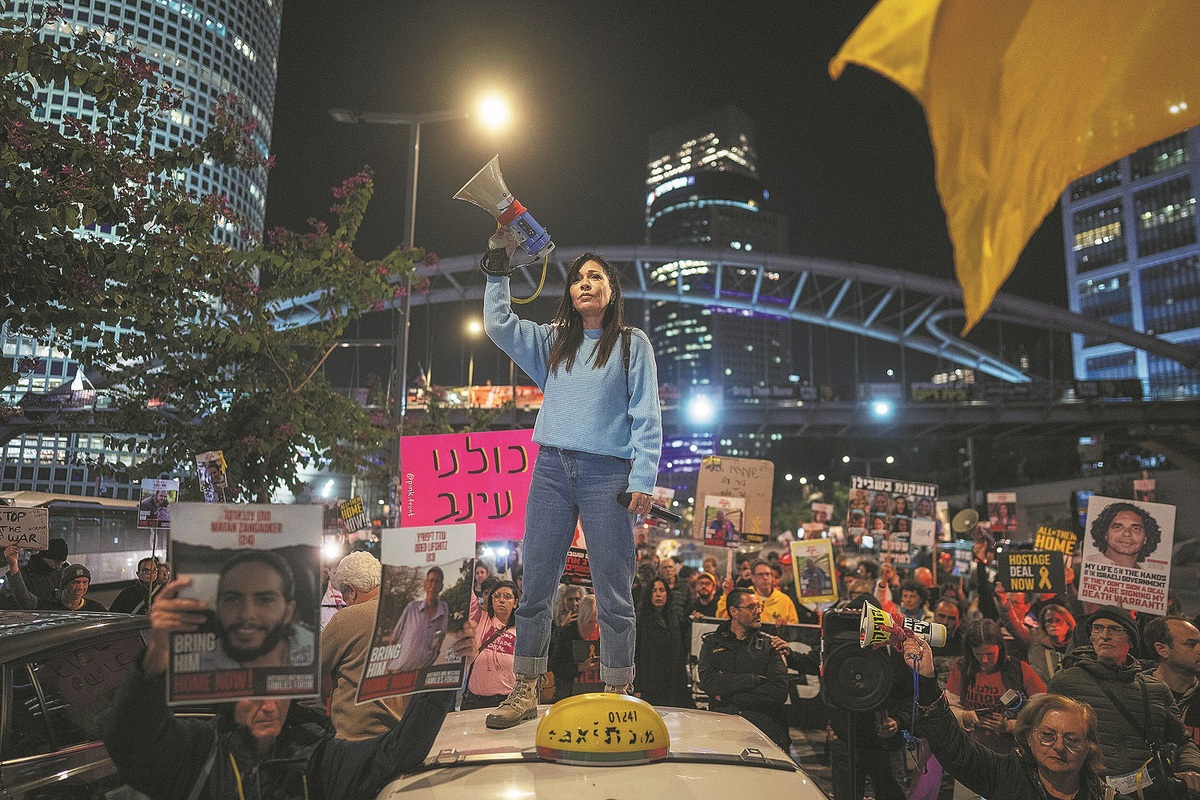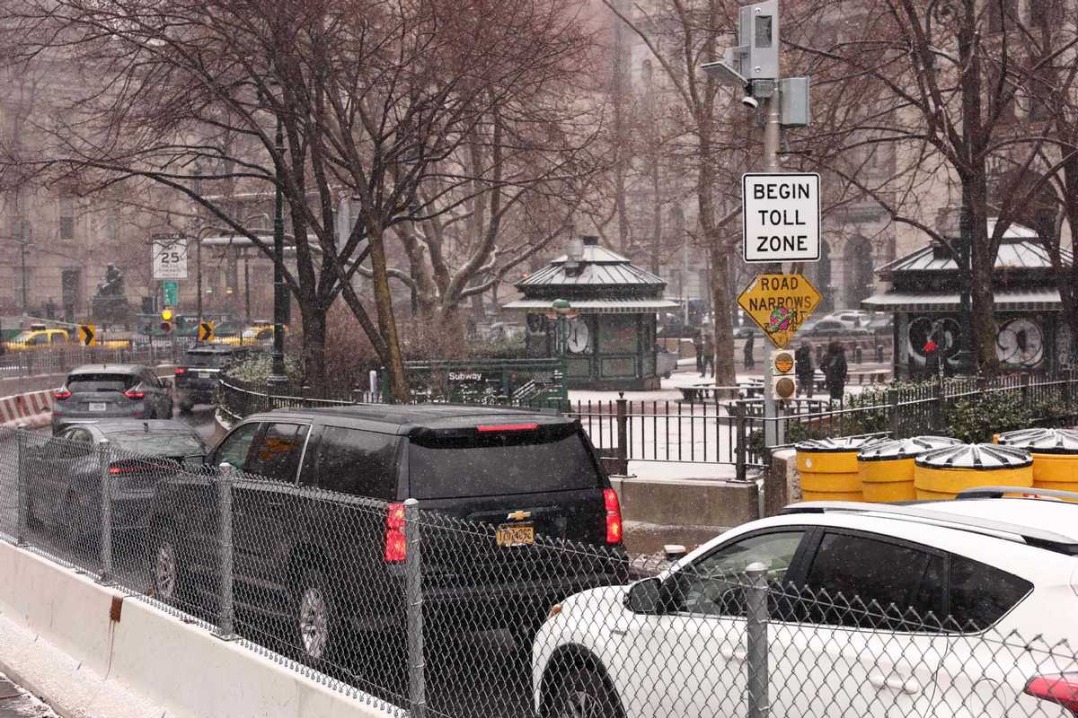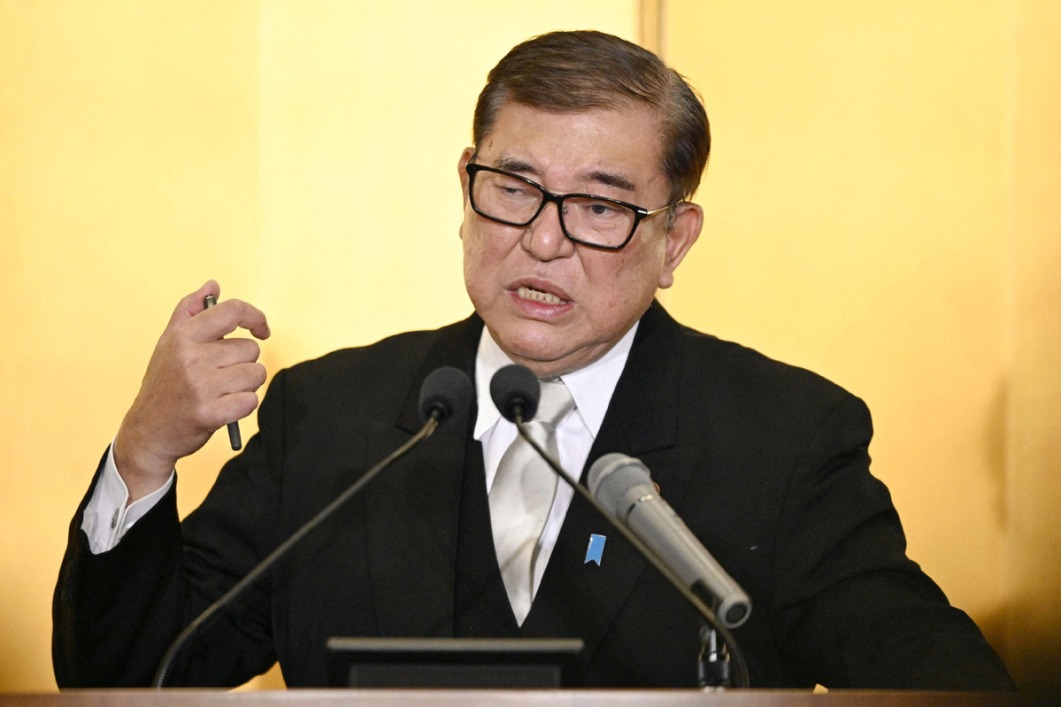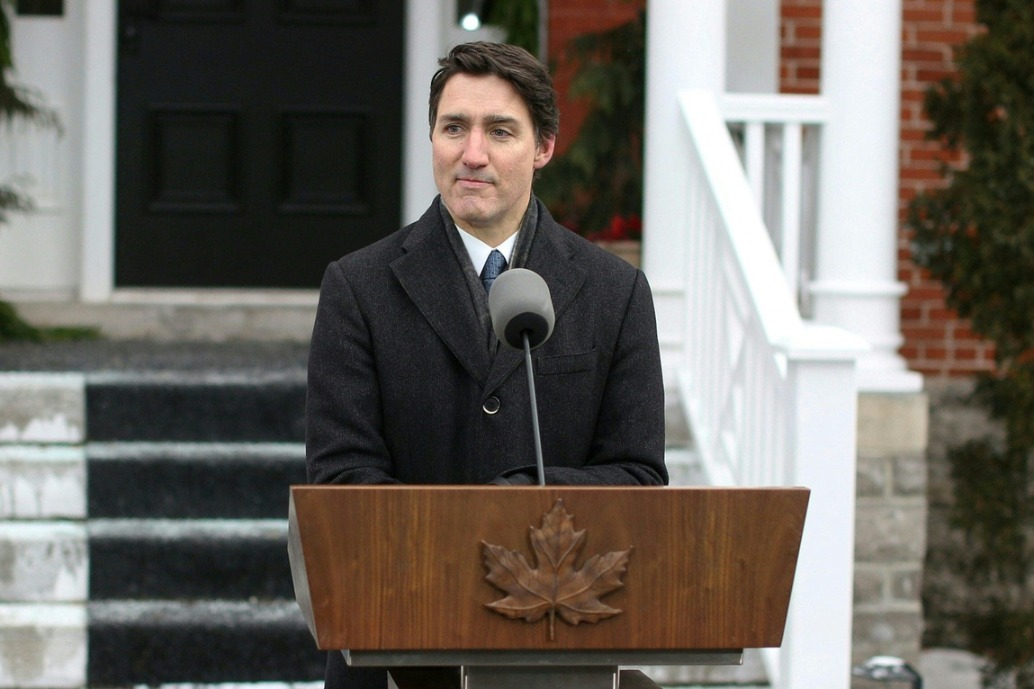Israeli families urge deal for hostages


Amid reports of Gaza cease-fire talks progressing, a group representing Israeli hostages and their families urged Prime Minister Benjamin Netanyahu to reach a deal that would see all Hamas-held hostages released.
On Monday, the Hostages and Missing Families Forum published a list of 100 Israelis still being held in captivity.
Hostage Nimrod Cohen's brother Yotam Cohen said that Israelis woke up to learn that their government had put together a list of 34 hostages who "will be able to hug their families again, while 68 hostages would have their fate sealed", the Times of Israel reported.
According to Israeli estimates, about 100 hostages are still being held in Gaza though some of them may not be alive.
In a post on X, Israeli opposition leader Yair Lapid called the Netanyahu government's efforts to bring the hostages home "a failure".
As Israel and Hamas tussle over hostages, violence continued in Gaza and the West Bank.
Six people, including a child, were killed in Israel's latest attacks on residential buildings, taking the toll from assaults on Monday to at least 28, Al Jazeera reported on Tuesday. An eighth infant has also died due to hypothermia.
In the West Bank, Palestine's Wafa news agency reported that Israeli forces raided the cities of Ramallah and Al-Bireh and several villages, towns and camps at dawn on Tuesday, arresting three citizens, including a female university student.
Three Israelis were killed and several injured in a shooting attack on a car and bus near the settlement of Kedumim in the West Bank.
On Monday, United Nations Under-Secretary-General for Humanitarian Affairs and Emergency Relief Coordinator Tom Fletcher said in a statement that an Israeli strike seriously injured three people at a known food distribution point where a partner of the World Food Programme was operating.
He said Israeli soldiers fired at least 16 bullets at a clearly marked UN convoy near the Wadi Gaza checkpoint. Fletcher added that armed Palestinian gangs hijacked six fuel tankers entering from the Kerem Shalom crossing, "leaving us hardly any fuel for aid operations".
Breaking point
He said the reality is that despite their determination to deliver food, water and medicine to survivors, efforts to save lives "are at breaking point".
On Monday, some Arabic media outlets published the names of 34 hostages who would be released by Hamas — dead or alive — as part of the cease-fire deal. A statement published by the Israeli prime minister's office the same day said the list of hostages that Hamas circulated in the media "was not provided to Israel by Hamas".
Arhama Siddiqa, a research fellow at the Institute of Strategic Studies Islamabad in Pakistan, told China Daily: "While the publicization of the list may serve to increase pressure on Israel, it also reveals the Israeli government's failure to prioritize the comprehensive release of hostages," Siddiqa said.
She said Netanyahu's pursuit of partial deals, which would secure the freedom of only a fraction of those held, highlights a fragmented and reactive policy that appears disconnected from the urgent demands of hostage families.
"This disconnect underscores the broader issue of political expediency overshadowing critical humanitarian concerns, exacerbating public frustration, and deepening internal divisions within Israel at a moment when decisive and unified leadership is most needed," Siddiqa added.
Jawaid Iqbal, chairman of the Department of West Asian and North African Studies at Aligarh Muslim University in India, told China Daily that the release of a list naming 34 hostages held by Hamas "carries significant political implications".
"Notably, the list omits the names of all 100 hostages, indicating it is part of a preliminary agreement in which Hamas plans to retain a small number of hostages as leverage for future negotiations. Following a temporary cease-fire under this partial deal, Israel intends to resume its military campaign to dismantle Hamas," Iqbal said.
In December, a poll published by Israel's Channel 12 indicated that 72 percent of Israelis would support ending the Israel-Hamas conflict in Gaza in exchange for the release of all the hostages.

































